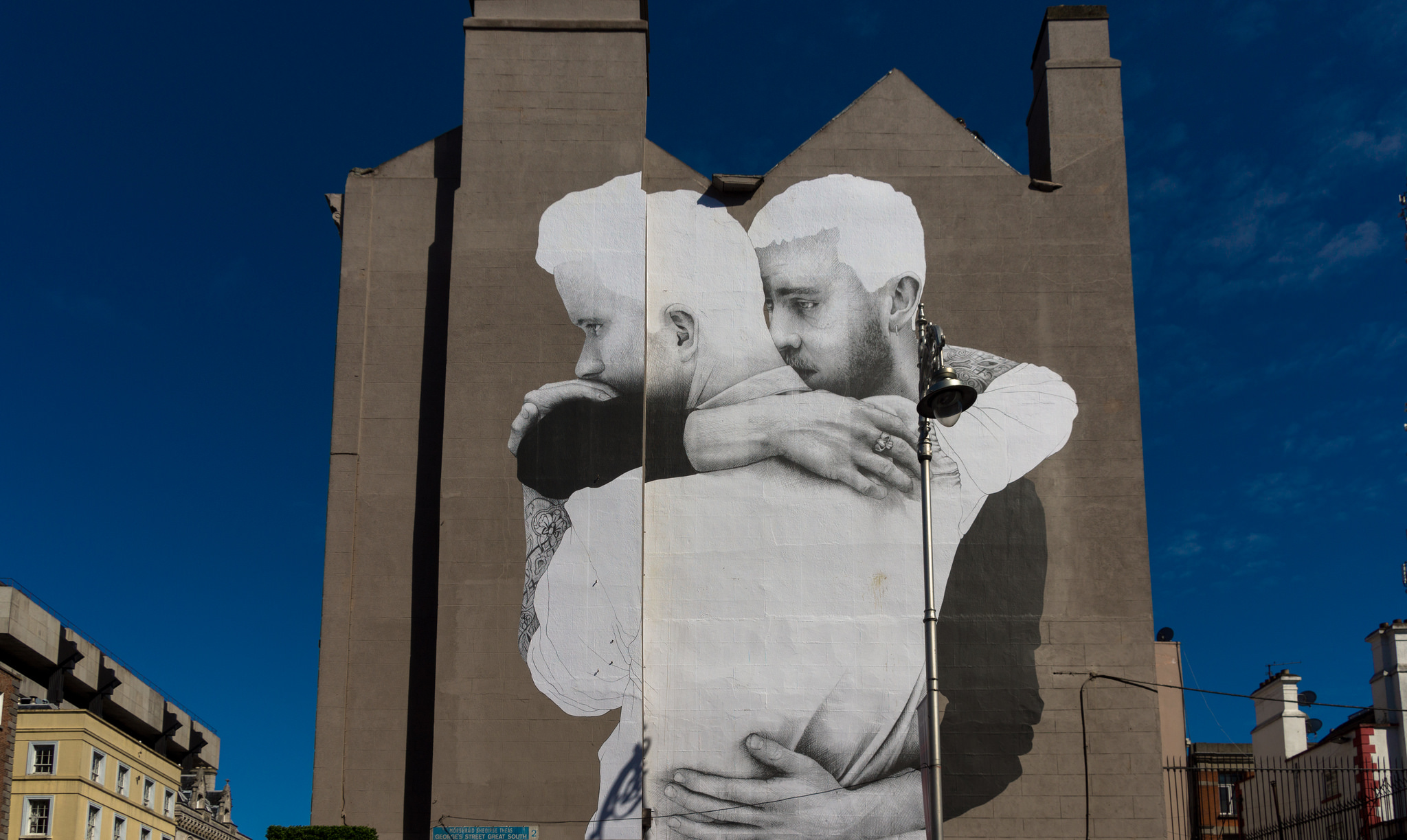When there’s something that children find confusing, the role of a teacher is to explain it in a way that they can comprehend. Maths, for instance, is ever-so confusing and every teacher from when I started school at the age of 4, until the time I could drop maths at 16, did their best to make me understand it.
But school – and life – are not all about numbers and equations, and so schools and teachers ideally endeavour to train us in a wide range of topics. We study literature, religion, sciences, history, languages… In many of those topics, we learn about topics relevant to wider life. You may have learned about the extremes of anti-Semitism through history classes on the Second World War. Maybe an English Lit text taught you things you hadn’t known about love. Religious Studies can take you out of the world you’ve grown up in and teach you (if they are doing their job correctly) about the spiritual lives of people around the world.
Schools teach you about the society you live in and the societies you don’t, and they make each bit of information relevant to your age group and ability. It’s why my infant 2 teacher wasn’t teaching my 5-year-old self about calculating the volume of a cube, and why my year 11 teacher had gone beyond getting us to add single numbers together.
Good teachers are skilled at this. They undertook years of training, read a lot of books and have had a lot of practice. They know how to do it. Far more than parents do, on the whole, when you think about it. Parents are dealing with a couple of their own offspring and – in the loveliest possible way – they have zero hope of looking objectively at their abilities. Teachers deal with 30 kids or more every day and have years of experience of targeting their work at the most appropriate level.
Teaching LGBT issues to children
So when difficult, complex issues arise that can contain upsetting or challenging elements, letting it be presented by a teacher is a confident move that makes absolute sense. Who else could use examples, references to things they have already learned, remind a class of when a similar thing happened, and so on? Who else, if teaching reading classes to four year olds, instinctively knows what level the room is on? She doesn’t drop an unabridged Shakespearean tragedy on the desk of a dyslexic seven year old, nor does she expect your average 14 year old to get any intellectual fulfillment from reading Little Miss Clumsy.
I may be being trite, but the principle is there. When schools are tasked with introducing classes on consent, on sex and relationships education, or on moral issues, they are not going to let a class of infant 1s see explicit photographs of genitals or create a presentation with actual porn clips for the junior 4s.
We don’t trust the dad of a child to teach them French if the dad can’t speak French and doesn’t know any French people or even enjoy French food. And yet the argument, in recent rows in Birmingham in the UK, is that education about LGBT topics should be kept back from the school curriculum and be led instead by children’s parents at home. Those same parents who have been carrying banners about how awful homosexuality and gender confusion are and how their children must be protected from all mention of them.
Because LGBT issues are ‘confusing’.
The people with homophobic banners don’t know any of us, they don’t have any understanding of modern gay life, and they probably – gasp – don’t even enjoy our pop songs. Just like French-teacher dad, they are positioned in the worst place to take over where the school has been forced to leave off.
They say that these issues are too confusing to trust schools with, when confusing issues are where schools should excel.
LGBT kids, LGBT parents
For children who are gay, bi or trans, it is terrible to refuse to mention their sexuality because it is considered to be wrong or immoral. For a 10-year-old me, starting to question whether or not I was gay (spoiler: totally gay), it certainly was confusing because there had been zero input in my personal or school life about what that meant or whether it was ok or not. I didn’t even know the words for it.
For children in school now who have same-sex parents, the issue is the same. If they were at that school in Birmingham, hearing how talking about gay relationships is damaging from their friends’ parents, all the while going home to their gay parents every night, that would do serious damage.
Section 28 was awful. And what the parents in Birmingham are succeeding in achieving is a recurrence of that dreadful legislation that did damage to a whole generation of us. And while rights for LGB people have been improving in recent years, an environment of growing transphobia has planted the seeds for the religious objections in Birmingham to be given voice.
Photo: William Murphy

